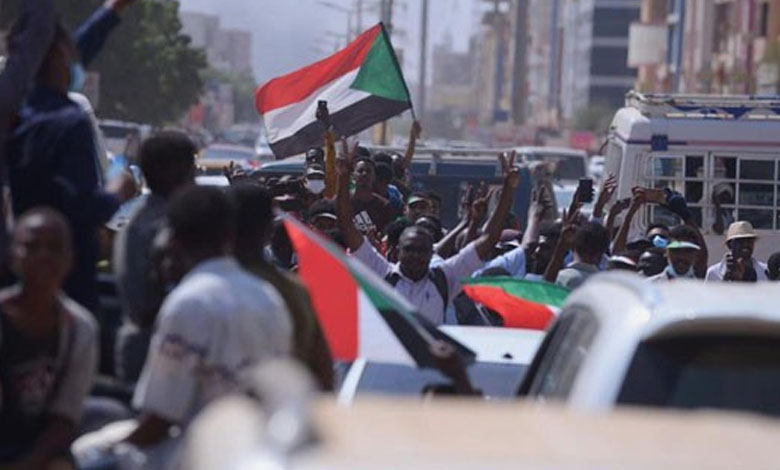Sudan: Mass exodus after 21 killed in tribal clashes

In Sudan’s Blue Nile State, adjacent to the Ethiopian border, 21 people were killed and dozens injured on Thursday and Friday, as renewed tribal clashes in the area brought the number of casualties since clashes broke out in July to 143, according to official data.
Clashes developments: – In mid-July, the “Hausa” erupted into conflict with another tribal group over civil administration in the region, which includes more than eight ethnic groups. Over the course of a week of intense fighting, dozens of people were killed and injured and hundreds of houses burned down.
– On August 3, the warring groups signed a 13-point document to stop hostilities; but the document, which observers say did not address substantive issues, soon collapsed.
The tribal conflict in Blue Nile has had serious repercussions and has spread to other areas in the east and center of the country, raising fears of a wider tribal war.” “Thousands of families have lost shelter and economic activity, with most of the area’s population dependent on agriculture and grazing.
– Renewed conflict has displaced more than 40,000 people over the past few days in search of safe places.
– Humanitarian organizations say the displaced are living in dire humanitarian conditions in the absence of basic needs.
– A severe food crisis has been reported in conflict areas with expectations of a significant deterioration in food security amid fears of a failure of the summer season in Sudan’s most important agricultural region.
*Different reasons: The Forces for Freedom and Change – the Central Council – accuses the Brotherhood of trying to return to power by fueling racism, playing the tribal card, and supporting the current authority. In a press conference held in July against the backdrop of these events, the group blamed the current authority for the deterioration of the situation and for delaying its intervention until the human losses have reached their full scale; some accused the security forces of leaking weapons to tribal elements in order to fuel the violence.
Freedom and Change believes that the Brotherhood, in all its forms, has been unable to find popular acceptance. This has led the Brotherhood to seek return through tribal fronts and to inflame racist tendencies.
Complex mode: Observers and voluntary activists warn that Thursday’s events could lead to a further setback in the region. Hassan al-Aqib, who works at a voluntary organization in the area, said efforts to achieve peaceful co-existence among the region’s residents are hampered by the state of discontent resulting from the large number of victims.
Al-Aqib said that some tribal groups reject the return of Hausa who were displaced to other areas after the first wave of clashes.












